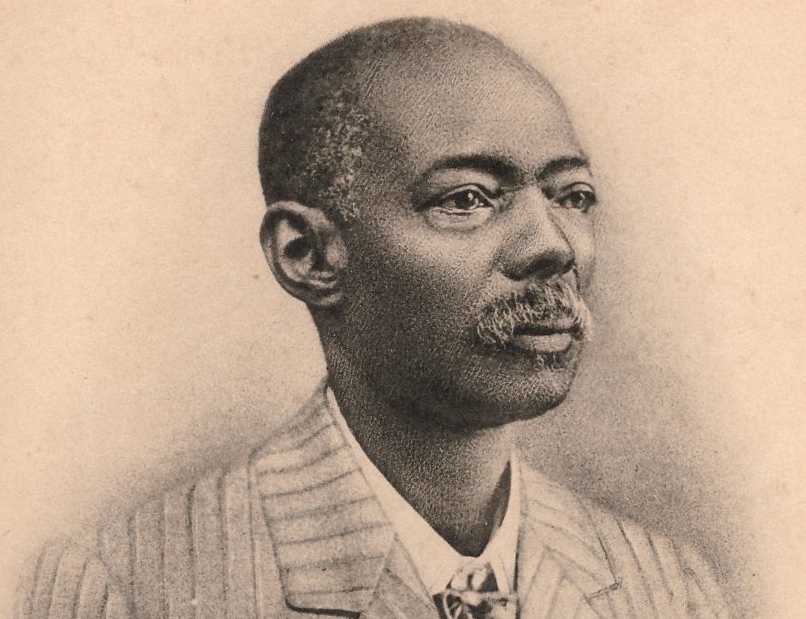Manuel Raimundo Querino was born on July 28, 1851, in Santo Amaro, Bahia, Brazil. He experienced tragedy early in life when at the age of four he lost both of his parents to an epidemic. He became the ward of a local teacher, Manoel Correia Garcia, who taught him to read.

With only primary school education, at the age of 17, he joined the military for a brief stint.
When he returned to Bahia, he began working as a painter and draftsman in 1882. He enrolled in an architecture course, where he excelled, earning several medals in contests and exhibitions. Querino improved his engineering knowledge so much that he went on to publish a drafting manual.
Later in life, he developed a curiosity about politics. He was a liberal and abolitionist. He founded the journals, “A Província” and “O Trabalho”, where he promoted abolitionism.
He quickly became a class leader, albeit restricted to humble civic positions due to his race.
Querino began dedicating most of his time and energy to historical studies, in particular to researching and documenting the contributions of Africans to the development of Brazilian society. He sought to celebrate the contributions which Black people made to Brazil and to remind white Brazilians of the debt they owed to Africa and to the Afro-Brazilians.

In 1906, he published Os Artistas Baianos (The Artists of Bahia), a 62-page article in the Revista do Instituto Histórico e Geográfico da Bahia.
Through writing about history, he sought to correct the traditional emphasis on the European experience in Brazil. Until this moment, no other Afro-Brazilian had achieved a platform to share this perspective on the history of Brazil. Querino emerged as the first Brazilian – Black or white – to analyze, and present African contributions to Brazil. Most impressively, he presented his work in the face of hostile and racist opposition.
By writing about the contributions of Afro-Brazilians, Querino also helped to create protections for many independent Black communities. His work alerted local lawmakers about the existing persecution of practitioners of Afro-Baianas religions. The police, labeling these religions as barbaric and pagan, frequently appeared at the places where the ceremonies took place, destroying property and injuring participants. Querino’s intervention defending this community with the local government revealed once again his original achievement in creating a bridge between different cultures and social classes.

One of Querino’s greatest contributions to Brazilian historiography was his insistence that national history takes into account its African component, whose contribution was being minimized. He ratified these contributions in his controversial essay, O Colono Preto como Fator da Civilização Brasileira (The Importnace of the Black Settler in Brazilian Civilization) (Anais do 6º; Congresso Brasileiro de Geografia, 1918).
This essay, was and still is, foundational for scholars on Brazil – so much so that it is difficult today to appreciate Querino’s importance.








